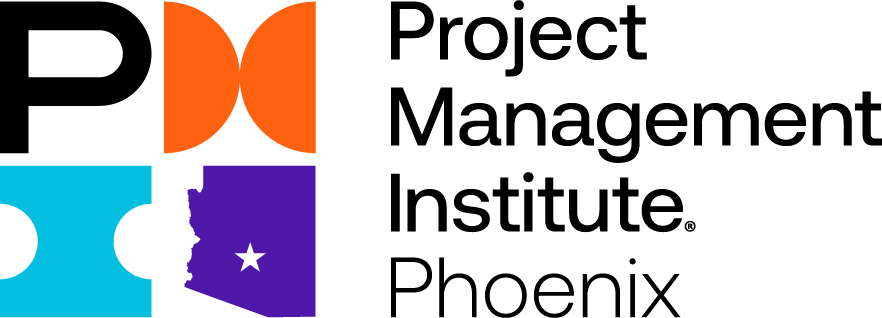June 2022
Letter from the Board Chair
We need you to run for a board member position!
The chapter has opened the nominations for Board. We currently have 5 Board positions up for nomination in this election cycle. Those positions are posted on the chapter website on our Elections page. The Chapter Board is an excellent place for project managers to gain experience in leading and managing an organization. Many of our members would be excellent board members but have never thought they were qualified to do so. So, what qualifications do you need to have to run for the board?
To run in the election, a nominee must:
- Be a Chapter member in good standing at the time of the election
- Receive at least three nominations
- Agree to serve in the position for which he or she is nominated
- Any Chapter member in good standing may nominate another member
- A Chapter member may nominate him or herself as one of the three nominations
If you’re interested in running reach out to our elections team. If you think you may have an issue getting the three nominations required, then please reach out to
Let me answer some common questions about the board.
What kind of commitment will this involve?
Board members are expected to be actively involved and visibly present at a variety of chapter events as they relate to their duties. An elected board member can expect to spend up to 10 - 30 hours a month on their duties. It varies with the role. As a board member, you will have one or more teams that report to you and there will be additional meetings to manage teams and projects. In addition, elected board members must attend monthly Board meetings (approximately 2.5 hours), the annual strategic planning events (1 or 2 days), an annual Director meeting (half day), and monthly Chapter meetings.
What are the benefits of serving as a board member?
As a board member, you will have an opportunity to develop your own management, leadership, and project management skills. The Chapter will provide leadership development opportunities for its board members, which may include attending PMI Regional Meetings and PMI Global Leadership Institute Meetings (LIM). Being a board member provides you with great networking opportunities and of course up to 25 PDUs per certification cycle.
I'm interested in being considered for an elected board member role, what's the next step?
If you are ready to take the next step, please contact the Elections Committee at
